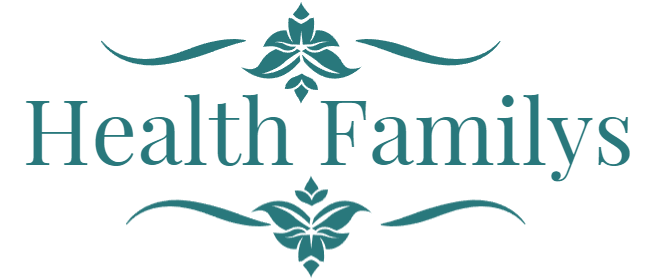In today’s hyperconnected world, technology is both a blessing and a curse.
While smartphones, laptops, and social media platforms have revolutionised communication and information-sharing, they also contribute to overstimulation, stress, and burnout.
Digital detoxing—taking intentional breaks from screens and technology—is emerging as a critical practice for preserving mental health. This article explores the benefits of digital detoxing, practical strategies for implementation, and why it’s essential for modern well-being.
What is a Digital Detox?
A digital detox is the practice of disconnecting from electronic devices for a specific period. It’s a deliberate effort to reduce screen time, limit distractions, and reconnect with the physical world. This could range from a few hours of device-free time to extended periods away from technology. Digital detoxing isn’t about rejecting technology entirely; rather, it’s about finding balance and reducing dependency.
The Impact of Excessive Screen Time on Mental Health
Studies show that excessive screen time negatively affects mental well-being. Common consequences include:
- Increased Stress and Anxiety: Constant notifications, emails, and social media updates can overwhelm the brain, leading to heightened stress levels and anxiety.
- Sleep Disruption: Blue light emitted by screens interferes with melatonin production, disrupting sleep cycles and causing insomnia.
- Reduced Attention Span: Overexposure to rapid digital content can decrease the ability to focus on tasks for extended periods.
- Negative Self-Image: Social media’s portrayal of “perfect” lives often leads to unhealthy comparisons and low self-esteem.

Key Benefits of a Digital Detox
1.Improved Mental Clarity
Stepping away from screens allows your brain to rest and reset. A digital detox encourages mindfulness and enhances your ability to focus, making you more productive and present in daily activities.
2.Reduced Stress and Anxiety
Limiting exposure to constant digital demands can significantly lower stress levels. Without the pressure of responding to messages or staying updated on social media, you’re free to relax and recharge.
3.Better Sleep Quality
By disconnecting from screens, especially before bedtime, you improve your sleep quality. This helps regulate circadian rhythms, allowing for deeper and more restorative sleep.
4.Enhanced Relationships
Spending less time on devices creates opportunities to engage in meaningful face-to-face interactions. Whether it’s with family, friends, or colleagues, a digital detox fosters stronger personal connections.
5.Boosted Creativity
Without the distraction of digital content, your mind has the freedom to wander and explore new ideas. Many people find they are more creative and inspired during a digital detox.
6.Increased Physical Activity
Disconnecting from screens often encourages outdoor activities, exercise, or hobbies that involve physical movement, contributing to overall health and wellness.
How to Implement a Digital Detox
While the idea of unplugging may feel daunting, these strategies can make the process manageable:
- Start Small
Begin with short, device-free periods, such as an hour in the morning or evening. Gradually extend these breaks as you become more comfortable. - Set Boundaries
Designate specific times or areas as screen-free zones, such as during meals or in the bedroom. Communicate these boundaries to family and friends to manage expectations. - Engage in Offline Activities
Replace screen time with activities like reading, journaling, gardening, or exercising. Engaging in hobbies can provide a sense of accomplishment and joy. - Use Technology Mindfully
Evaluate your digital habits and limit unnecessary screen time. For example, reduce social media scrolling by setting app timers or disabling notifications. - Plan Device-Free Days
Dedicate an entire day each week to being offline. Use this time to connect with nature, pursue creative projects, or simply relax. - Incorporate Family or Friends
Encourage loved ones to join you in a digital detox. Shared experiences make the process more enjoyable and hold everyone accountable.
Long-Term Benefits of Regular Digital Detoxes
Integrating digital detoxing into your routine offers lasting benefits:
- Improved Emotional Resilience: Regular breaks from technology help you manage emotions more effectively and respond to stressors with greater composure.
- Strengthened Focus and Productivity: With fewer distractions, you can devote more energy to meaningful tasks and achieve goals more efficiently.
- Greater Appreciation for the Present: Disconnecting from the digital world fosters gratitude and awareness of the physical environment and relationships.
Embracing a Balanced Digital Life
In a society that thrives on connectivity, taking time to unplug is a radical act of self-care. A digital detox not only enhances mental health but also nurtures creativity, strengthens relationships, and promotes overall well-being. By incorporating regular breaks from technology, you can reclaim control over your time and energy, leading to a healthier, more balanced life.
Start your digital detox journey today and experience the transformative benefits for yourself. Whether it’s a few hours or an entire weekend, every step toward mindful technology use contributes to your mental and emotional wellness.






